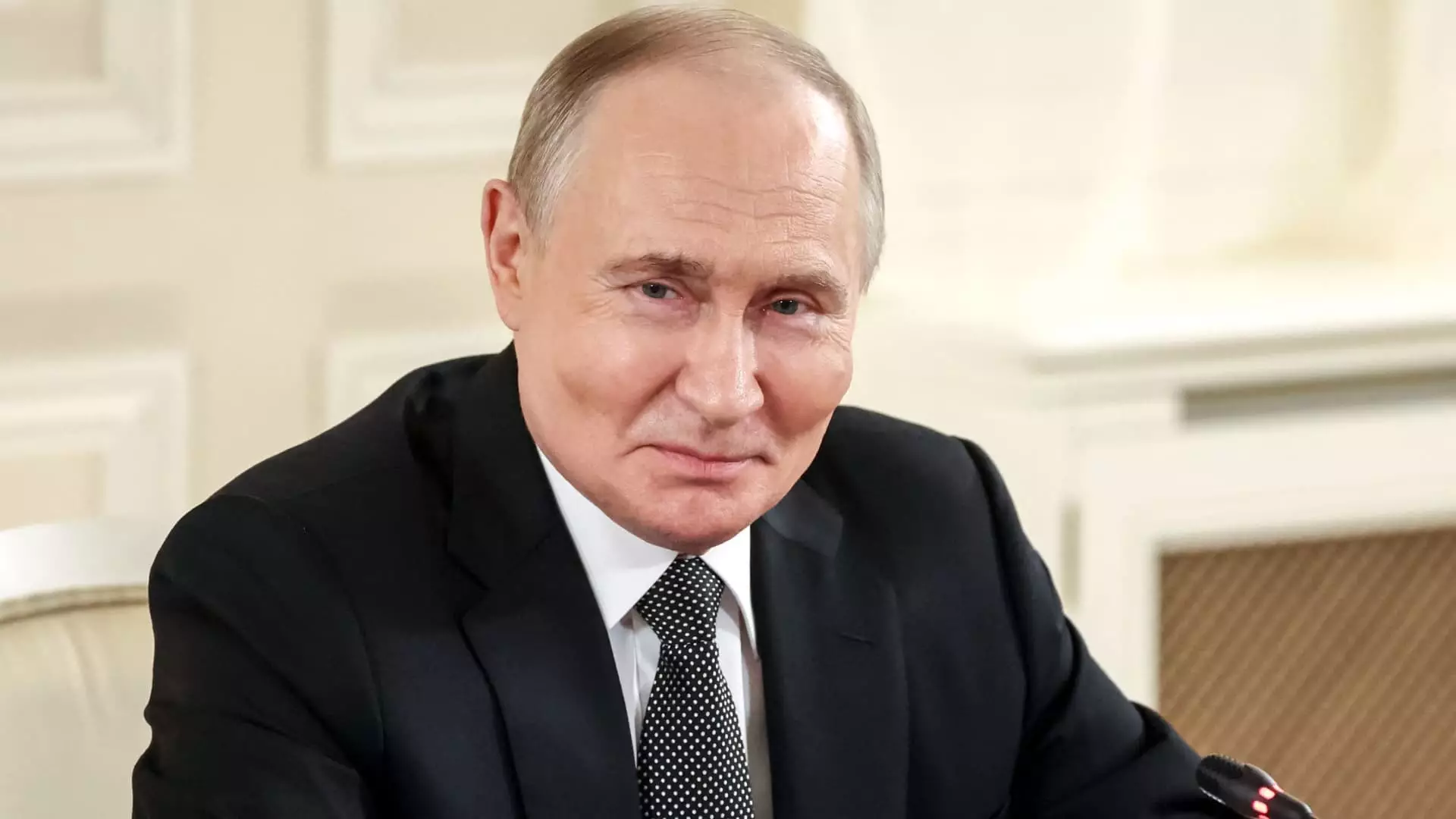The recent remarks by former President Donald Trump expose a troubling disconnect between American rhetoric and foreign policy realities. His blunt critique of Vladimir Putin not only underscores his dissatisfaction with Russia’s ongoing brutality in Ukraine but also reveals a troubling ambiguity about American responsibility and influence. While at face value, Trump’s outspoken disapproval might appear as a sign of moral clarity, it actually clouds the larger picture of U.S. leadership’s efficacy in guiding international conflict resolution. His comments are laced with accusations and dismissive language that risk undermining America’s standing as a consistent and principled global actor.
Words That Erode American Credibility
Trump’s characterization of Putin’s actions as “bulls—” veers into reckless language that could be perceived as bordering on condoning or excusing the violence inflicted on Ukrainian civilians. This dismissiveness is especially dangerous in a period where words matter in shaping global perceptions of U.S. stance and resolve. The former president’s focus on blaming Biden and Obama for the war shifts accountability away from Russia’s aggression, neglecting the reality that the United States has a moral obligation to uphold international norms against unprovoked aggression, not just to criticize others. Such posture risk undermining American moral authority and fosters a narrative that the U.S. is reactive rather than proactive.
Mixed Messages and Political Distraction
Trump’s contradictory statements about military aid shipments—initially pausing then later promising more weapons to Ukraine—highlight an alarming inconsistency in U.S. policy engagement. His uncertainty about who ordered the weapons pause speaks volumes about the disorganized nature of leadership, hinting at internal chaos rather than strategic coherence. This volatile messaging does little to instill confidence in America’s commitment to defending democracy against authoritarian aggression. Moreover, Trump’s tendency to scapegoat prior administrations sidesteps the vital need for a unified and forward-looking foreign policy that emphasizes stability and diplomatic resolution rather than apathy or blame-shifting.
Implications for U.S. Foreign Policy and Democracy
At its core, Trump’s rhetoric exposes a broader challenge—whether the U.S. can sustain credible leadership when its leaders oscillate between antagonism and apathy. Genuine leadership requires consistency, clarity, and an unwavering stance against injustice. Instead, Trump’s comments reveal an inclination toward skepticism about America’s capacity to influence global conflicts positively. Our nation’s credibility hinges on the ability to project strength balanced with diplomacy, not on dismissive language or superficial blame games. If we cannot demonstrate moral resolve and strategic coherence, our influence diminishes, and with it, the hope of a just resolution to Ukraine’s suffering.
In the end, Trump’s harsh critique should serve as a wake-up call: true leadership must rise above partisan whims and empty rhetoric. It demands a principled stance rooted in shared democratic values, and an honest acknowledgment of both the challenges and responsibilities that come with power. The future of American influence depends on whether policymakers can transcend political posturing and embrace a sober, committed approach to international justice.


Leave a Reply